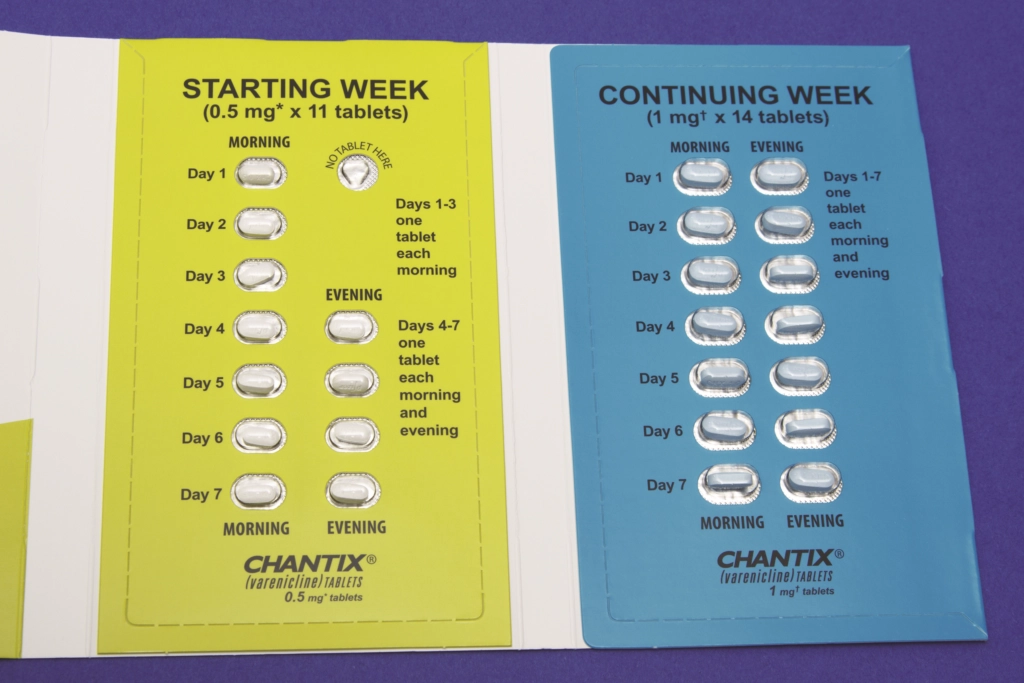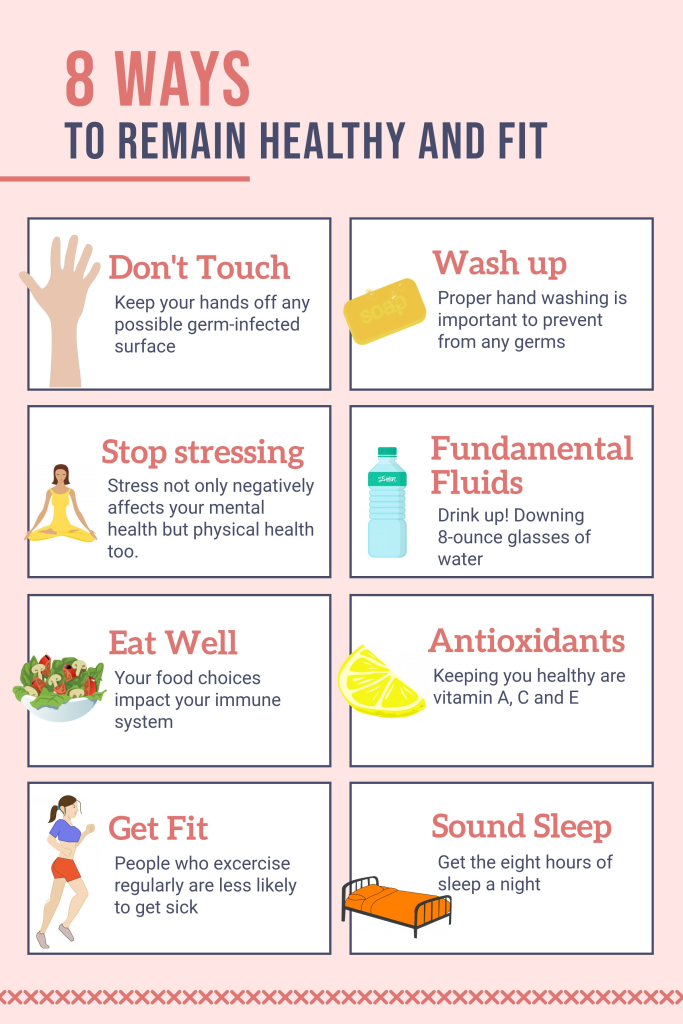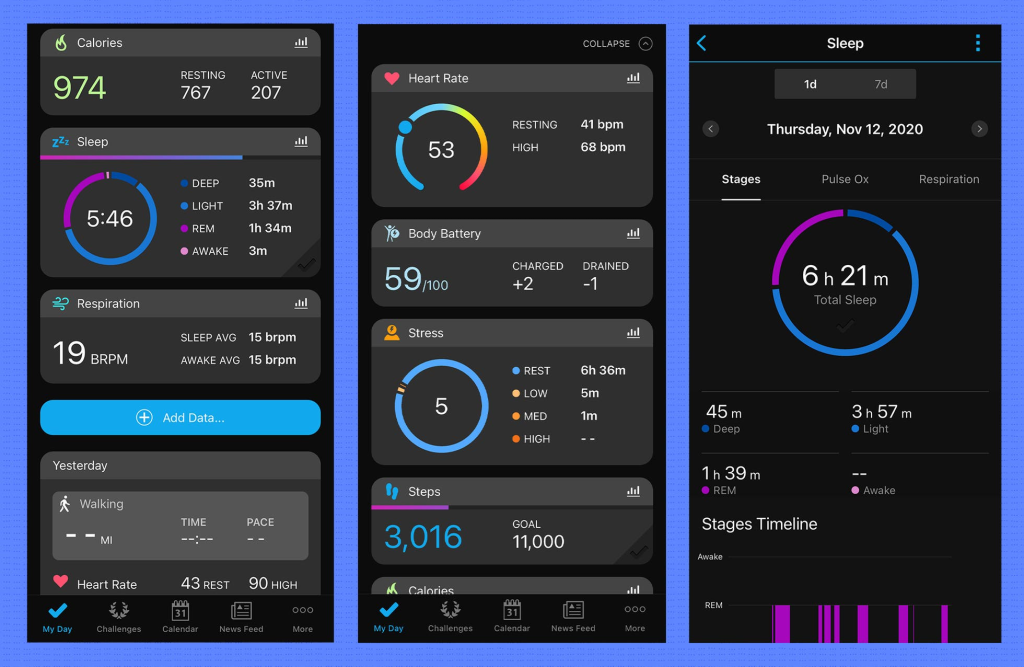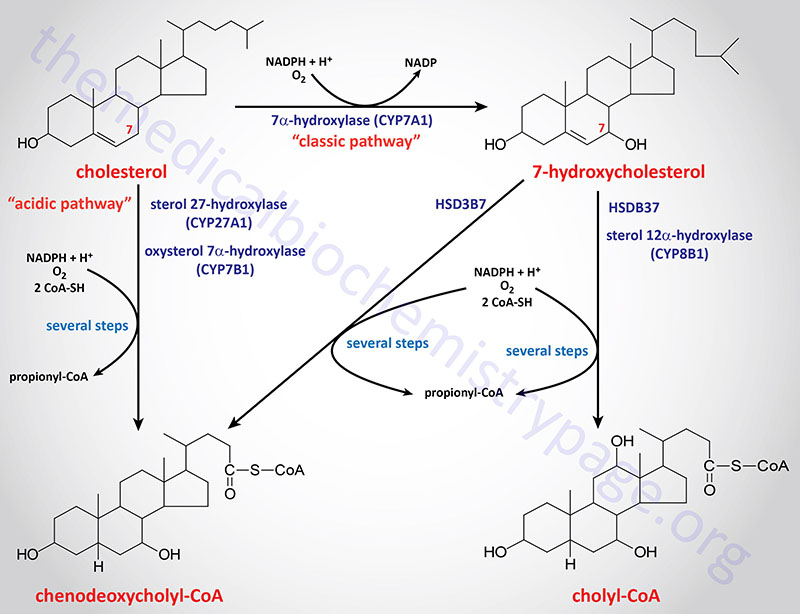The growing concern over nicotine addiction among teens and young adults has prompted a breakthrough in smoking cessation methods, particularly through the use of the smoking cessation pill, varenicline. This FDA-approved medication has been shown to significantly enhance success rates in quitting vaping, with a recent clinical trial revealing that participants taking varenicline were over three times more likely to cease their vaping habit compared to those on a placebo. Vaping is increasingly popular among younger demographics, making effective cessation strategies crucial for public health. The implications of nicotine addiction treatment like varenicline extend beyond mere quitting; they help mitigate future risks associated with drug use, reinforcing why smoking cessation pills are vital tools in combating this issue. As we address the epidemic of vaping, exploring medications such as varenicline can provide essential support to those seeking to break free from nicotine dependence.
Within the realm of nicotine addiction solutions, smoking cessation pills are emerging as pivotal allies for those looking to stop using e-cigarettes. The results of studies focusing on varenicline — a medication specifically approved for aiding smoking cessation — highlight its potential not just for adults but also for adolescents seeking to quit vaping. By providing an effective alternative to traditional behavioral therapies, these treatments may play a significant role in overcoming challenges associated with nicotine dependence. Young users of vaping devices often face difficulties in reducing or stopping their use, and innovative solutions like varenicline offer promise in addressing these needs. As society grapples with the rising tide of nicotine products, exploring pharmaceutical options becomes increasingly essential for fostering a healthier future for our youth.
Understanding the Impact of Varenicline on Vaping Cessation
Varenicline, an FDA-approved smoking cessation pill designed primarily for adults, has recently shown remarkable efficacy in helping teens and young adults quit vaping. Research published in JAMA highlights that participants aged 16 to 25 who were prescribed varenicline had over three times the rate of quitting compared to those who received only behavioral counseling. This is significant, especially considering the increasing popularity of vaping among younger demographics. In the context of nicotine addiction treatment, varenicline’s role is becoming evident as a viable option for those struggling to break the habit.
As vaping becomes a widespread alternative to traditional smoking, the need for effective cessation methods is critical. The study conducted by Mass General Brigham emphasizes the therapeutic potential of varenicline, as it provides a dual approach by combining medication with behavioral support. This method not only increases the chances of quitting but also addresses the underlying physiological cravings caused by nicotine addiction. Varenicline is emerging as a key player in the ongoing battle against nicotine dependence in the younger population.
The Importance of Comprehensive Treatment Plans for Vaping Addiction
The findings from the research underscore the necessity of implementing comprehensive treatment plans that integrate pharmacological interventions and behavioral support. With vaping becoming increasingly common among teens, particularly with nearly 25% of young adults engaging in this habit by 2023, addressing nicotine addiction is paramount. The innovative use of varenicline within these treatment plans offers a promising avenue for success, as it directly targets the neurochemical aspects of addiction while the accompanying counseling addresses behavioral triggers.
Furthermore, the study’s results reveal an alarming trend: despite the efforts to quit, those relying solely on behavioral counseling exhibited significantly lower efficacy in cessation compared to their counterparts taking varenicline. The combination approach utilized in the clinical trial not only demonstrates better outcomes but also highlights the potential for similar models to be replicated for other addiction treatments, including conventional smoking cessation programs. Adequate resources and support systems are vital in ensuring that young individuals can manage their nicotine cravings effectively.
Exploring the Long-term Effects of Varenicline Treatment among Younger Users of Nicotine Vapes
Although the immediate findings of the study are promising, further examination is required to assess the long-term effects of varenicline in younger users of nicotine vapes. The research has laid the groundwork for understanding the short-term benefits of this smoking cessation pill, such as an increase in quit rates among participants. However, monitoring the participants after the initial treatment phase is equally crucial to ensure sustained cessation and to evaluate any potential relapses into vaping or smoking.
Additionally, as researchers explore other therapeutic approaches for nicotine addiction treatment, capturing data on the long-term health implications for teens and young adults taking varenicline will provide valuable insights. Investigating whether this medication continues to support abstinence from vaping over time can inform subsequent guidelines and practices for addressing the public health crisis of nicotine dependence among adolescents. Their continued progress will be essential in shaping comprehensive strategies for addiction treatment.
Behavioral Counseling: A Necessary Support Alongside Varenicline
While varenicline is a powerful ally in the fight against vaping addiction, the role of behavioral counseling cannot be downplayed. In the study, participants receiving varenicline also engaged in weekly weeks of behavioral therapy, which provided them with essential tools and strategies to cope with cravings and triggers associated with nicotine use. This dual practice emphasizes that medication alone may not suffice in overcoming the psychological aspects of addiction.
Integrating behavioral counseling with medication fosters a holistic approach that enhances the likelihood of success in motivation and skill-building to maintain abstinence. In many cases of nicotine addiction treatment, it is the psychological support that plays a pivotal role in preventing relapse. The combined efforts of these two modalities create a robust framework that can cater to the diverse needs of individuals struggling with vaping and smoking.
The Role of Public Health Initiatives in Promoting Vaping Cessation
Public health initiatives are crucial in promoting awareness about the dangers of vaping and the available cessation methods like varenicline. As outlined by the researchers, the alarming rates of nicotine consumption among teens necessitate urgent strategic communication and education regarding the risks associated with vaping. These initiatives can not only inform young individuals but also their families and communities about effective methods to counteract nicotine addiction.
Moreover, community-based programs that advocate for the use of FDA-approved cessation aids can empower teens to seek help without stigma. By integrating varenicline into public health messaging and offering supportive resources, communities can facilitate broader access to necessary treatments, ultimately reducing the prevalence of vaping among young people.
Assessing the Safety Profile of Varenicline in Teens and Young Adults
Safety is a paramount concern when prescribing any medication, especially to adolescents and young adults. The findings regarding varenicline demonstrate not only its efficacy but also its safety within this specific demographic. The study did not report any significant adverse effects or transitions from vaping to smoking among participants taking varenicline, indicating that it is a suitable option for treatment.
These safety assurances are essential as they build trust in this treatment method, encouraging more young individuals to consider prescribed medication as part of their cessation plans. Continued monitoring and research on varenicline’s long-term effects will ensure that it remains a safe alternative for those looking to quit vaping and transitioning to healthier lifestyle choices.
Vaping as a Public Health Concern: The Need for Urgent Action
With the growing numbers of young individuals engaging in vaping, it has become a significant public health concern. The data from Mass General Brigham reveals a startling reality where a quarter of young adults are currently using vapes. This trend highlights the pressing need for public health authorities to prioritize vaping cessation strategies. Making medications like varenicline more accessible can play a vital role in this effort, providing essential support to adolescents trying to navigate their addiction.
Increased advocacy around vaping cessation must also include comprehensive awareness campaigns that highlight the risks of nicotine use among youth. By combining educational efforts with practical resources such as access to varenicline, communities can create environments that empower young people to make healthier choices and diminish the prevalence of vaping.
Behavioral Therapy: Enhancing the Efficacy of Varenicline Treatment
Behavioral therapy plays a crucial role in enhancing the effectiveness of varenicline for vaping cessation. As evidence suggests, combining pharmacological treatment with behavioral support markedly improves success rates among those seeking to quit. This therapeutic collaboration equips individuals with coping strategies to manage cravings and triggers, which are often prevalent in nicotine addiction scenarios.
In the realm of nicotine addiction treatment, behavioral therapy complements the physiological effects of varenicline. This synergy creates a supportive environment for young adults and teens, making it more feasible to achieve long-term abstinence from both vaping and smoking. The overall approach is aimed at fostering a mindful understanding of addiction, allowing participants to confront their habits thoughtfully.
Future Research Directions in Vaping Cessation
Continuing research in the area of vaping cessation is vital for understanding the complexities of nicotine addiction, particularly as new products and methods emerge. The initial findings surrounding varenicline are encouraging, yet further studies are necessary to explore its effectiveness across diverse populations and varying usage patterns. Investigating potential modifications in treatment protocols or combinations with other therapeutic interventions may yield even greater success in cessation efforts.
Additionally, research must account for the rapidly evolving landscape of vaping products, as well as the continuously changing demographics of users. Understanding how newer vaping devices affect nicotine addiction and the role of varenicline in these contexts will be crucial for developing comprehensive guidelines and treatment options for individuals facing challenges with vaping.
Frequently Asked Questions
What is the FDA-approved smoking cessation pill varenicline and how does it help with quitting vaping?
Varenicline is a prescription smoking cessation pill that is FDA-approved for adults to help quit nicotine use, including vaping. It works by reducing withdrawal symptoms and cravings. A recent study found it effective for teens and young adults, increasing their chances of quitting vaping by three times compared to those on placebo.
Can teens use the smoking cessation pill varenicline to quit vaping?
Yes, varenicline has been found effective for individuals aged 16 to 25 in quitting vaping. For this age group, it offers a solid option alongside behavioral counseling, significantly increasing their success in overcoming nicotine addiction.
Why is vaping cessation important for young adults?
Vaping cessation is crucial for young adults because early nicotine exposure can lead to heightened addiction risks and health issues. Using effective methods, such as the smoking cessation pill varenicline, can help reduce these risks and promote healthier choices.
What results did the clinical trial show for varenicline as a vaping cessation treatment?
The clinical trial found that 51% of participants using varenicline successfully quit vaping after 12 weeks, compared to just 14% of those on placebo. This highlights the pill’s effectiveness as a nicotine addiction treatment for younger individuals.
Are there any side effects associated with the smoking cessation pill varenicline?
While varenicline is generally safe, users may experience side effects. It’s important to discuss potential risks with a healthcare provider to ensure it’s a suitable option for quitting vaping or smoking.
What additional support is available for those using varenicline for smoking cessation?
In addition to varenicline, participants also received weekly behavioral counseling and access to a text support service called “This is Quitting,” providing comprehensive support for those trying to quit vaping.
How does varenicline compare to other methods for quitting vaping?
Varenicline has shown to be significantly more effective than placebo in clinical trials, especially in young adults. While behavioral therapy alone is beneficial, the combination of varenicline and counseling yield higher success rates for quitting vaping.
Is the smoking cessation pill varenicline safe for long-term use?
Current research indicates that varenicline is safe for the targeted age group of 16 to 25 when used as directed for quitting vaping. Ongoing studies will further assess its long-term safety and effectiveness.
| Key Point | Details |
|---|---|
| FDA Approval | Varenicline, an FDA-approved smoking cessation pill, is now used to help teens and young adults quit vaping. |
| Study Findings | The clinical trial showed that teens and young adults using varenicline had three times the success rate in quitting vaping compared to those using a placebo. |
| Treatment Groups | Participants were divided into three groups: one receiving varenicline, one receiving placebo, and one receiving text-only support. |
| Success Rates | 51% of varenicline group stopped vaping at 12 weeks, compared to 14% for placebo and 6% for text-only users. |
| Safety | The study confirmed that varenicline is safe for the age group studied, with no increase in cigarette use among those who quit vaping. |
Summary
The smoking cessation pill varenicline is proving to be an effective solution for young people struggling with vaping addiction. A recent study highlighted its significant impact, showing that adolescents using this medication are over three times more likely to quit compared to those receiving only placebo treatments. This underscores the need for medically-assisted approaches to aid in quitting unhealthy habits, making varenicline a vital option for teens and young adults aiming to overcome nicotine addiction.



